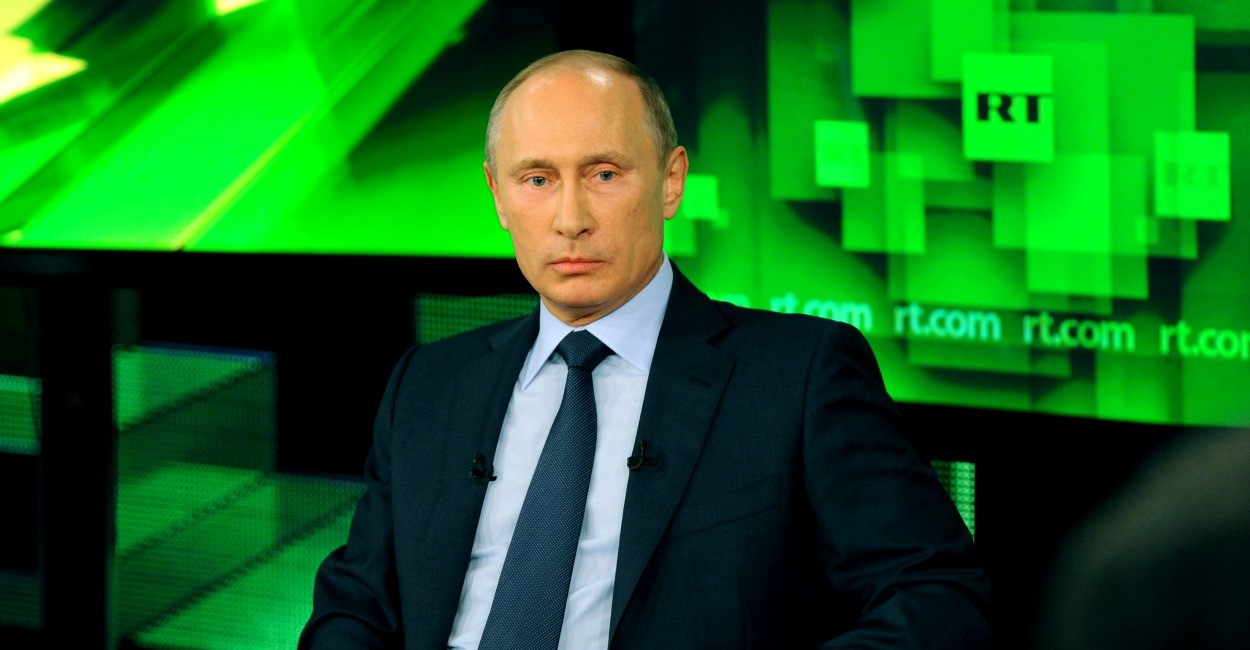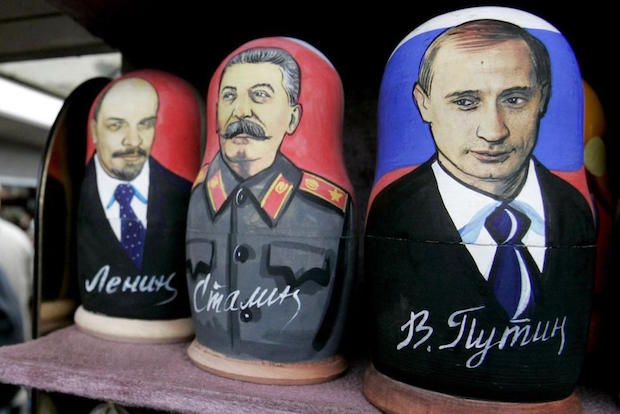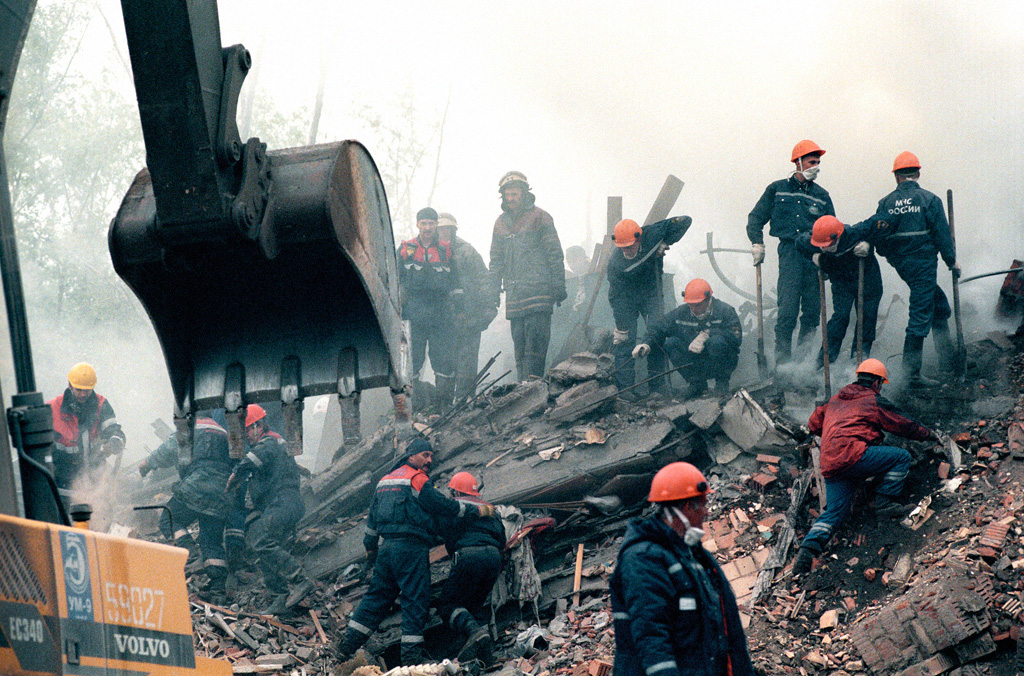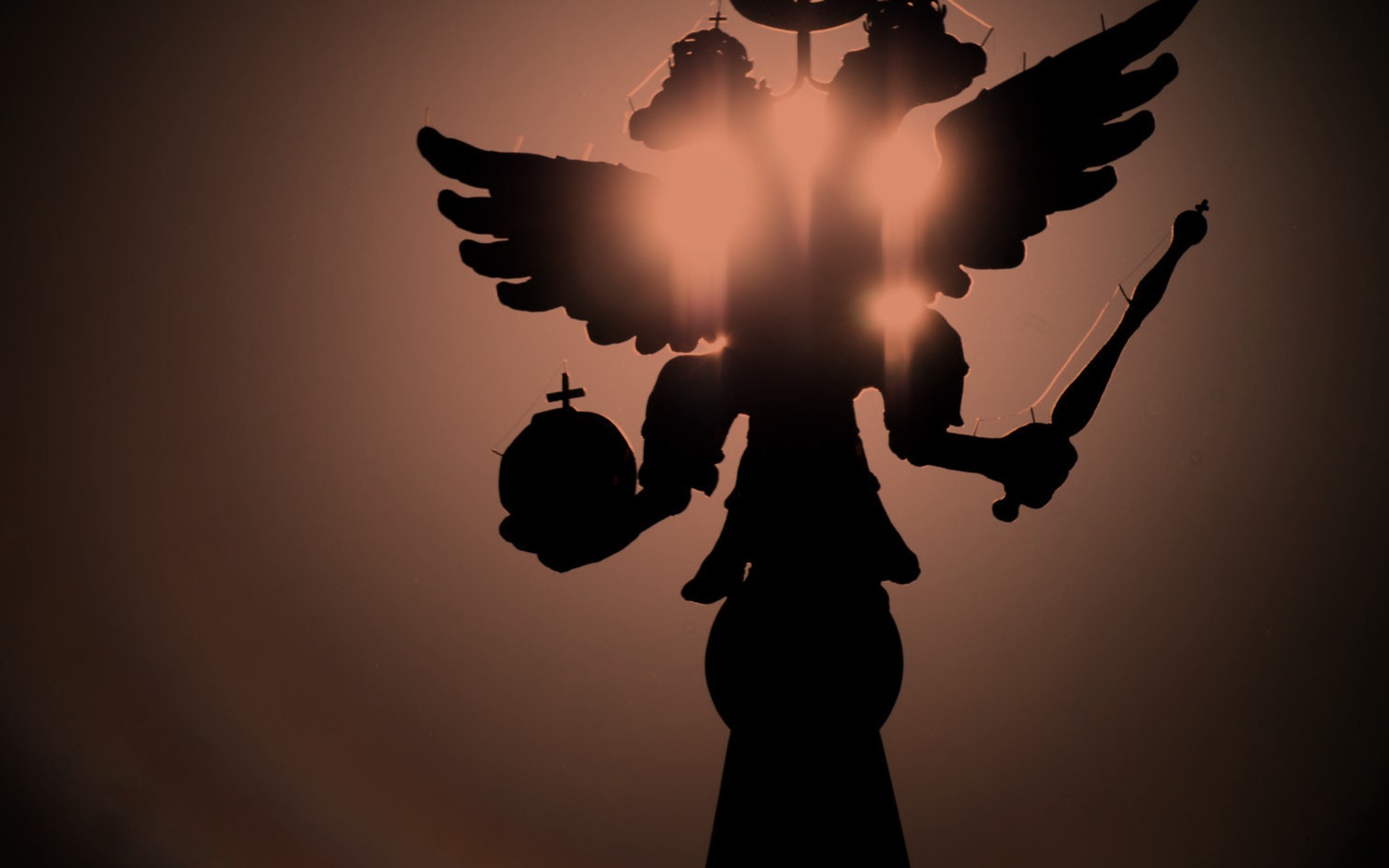Read More:
- First interview after staged murder: Russian journalist Babchenko explains why he played own death
- The bold assassination attempt on ex-Russian spy Sergey Skripal in Salisbury, England
- In Skripal case, Kremlin following procedures it used for earlier political murders, Pastukhov says
- A Killing Epidemic: The Culling of Russia’s Opposition Journalists
- Pro-Chechen fighter killed in car blast in Kyiv
- Ukrainian Security Service colonel killed, three wounded in car blast in Donbas
- Who killed Putin critic Voronenkov in Kyiv? Everything we know + video
- Exiled Putin critic’s murder in Kyiv work of FSB, Ukraine’s top prosecutor says
- 9 killed, 15 kidnapped under Russian regime – Crimean Tatar World Congress
- How will the report on the murder of Litvinenko impact Putin?
- Litvinenko murder was ‘act of nuclear terrorism,’ his widow reminds the world
- Is Putin poisoning his opponents?
- First Putin marginalizes his critics, then he kills them, and then he shifts the blame
- Nemtsov and Moscow’s Bloody List
- Nemtsov feared Putin would kill him and now the Kremlin leader has





